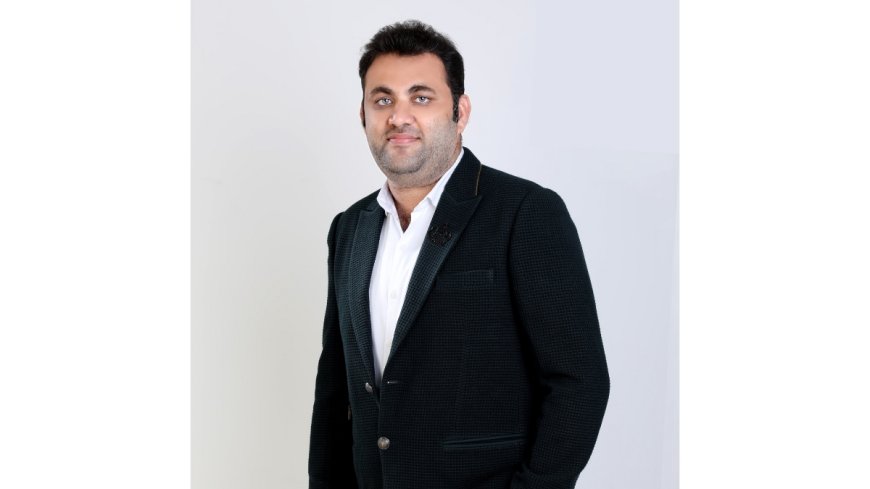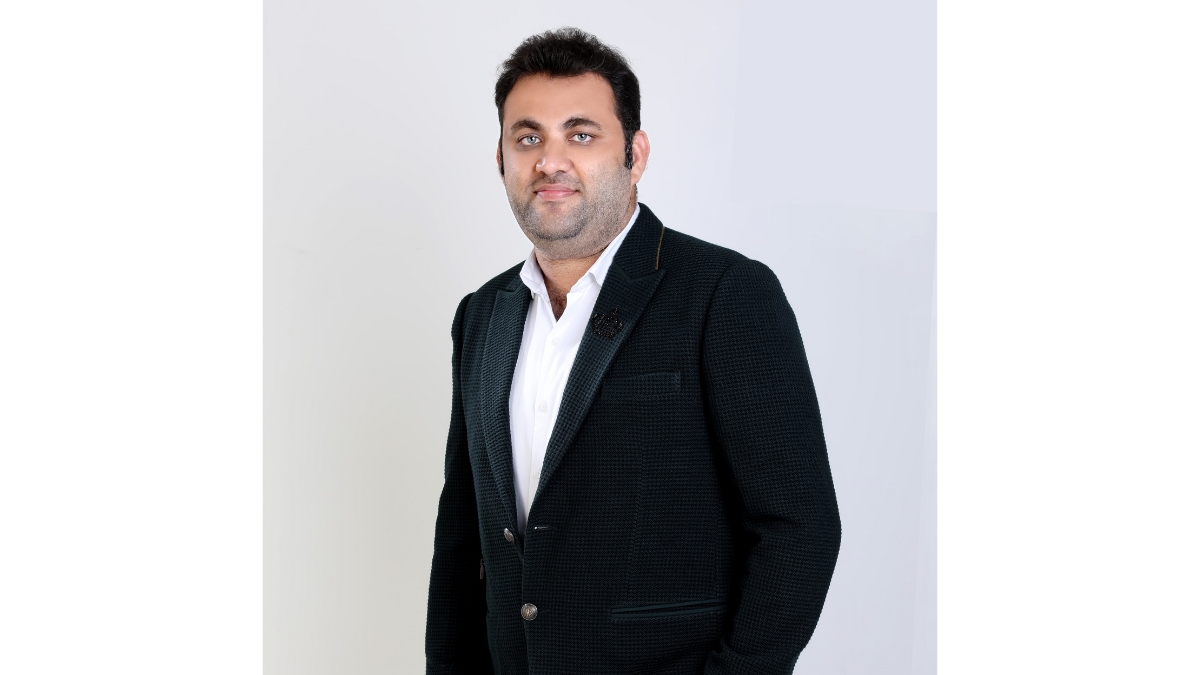Sawaliya Food Products Limited Eyes Growth with IPO Launch: A Vision Towards Innovation, Sustainability, and Global Expansion
New Delhi [India], August 5: Sawaliya Food Products Limited, a prominent manufacturer of dehydrated vegetables and ingredients, is all set to enter the capital markets with its Initial Public Offering (IPO), opening on August 7, 2025, and expected to be listed on August 14, 2025. With a strong focus on innovation, backward integration, and sustainability, the company is [...]


New Delhi [India], August 5: Sawaliya Food Products Limited, a prominent manufacturer of dehydrated vegetables and ingredients, is all set to enter the capital markets with its Initial Public Offering (IPO), opening on August 7, 2025, and expected to be listed on August 14, 2025. With a strong focus on innovation, backward integration, and sustainability, the company is poised for the next phase of growth.
In this exclusive interview, Raghav Somani, Managing Director of Sawaliya Food Products Limited, shares insights into the company’s IPO journey, expansion plans, and long-term vision.
Q1. What strategic milestones or market signals prompted Sawaliya Food Products Limited to go public at this point in time?
We’re primarily a B2B supplier to FMCG companies offering ready-to-eat products. With the rise of new brands and increasing demand in the FMCG space, we envisioned becoming a one-stop solution for all essential ingredients — including spices, resins, and flavor enhancers. To support this ambitious expansion, we required significant capital investment, which led to our decision to raise funds through the IPO and go public.
Q2. A significant portion of the proceeds is allocated towards new machinery, cold storage, and solar rooftops. How do these upgrades align with your sustainability and efficiency goals?
We already operate with cold storage, but this capex round focuses on installing a rooftop solar system and expanding our packaging line. Our two dehydration lines – one electric and one boiler-based – will benefit from the solar rooftop, enabling us to produce greener products suitable for markets like the European Union, where sustainability norms are stringent.
Additionally, adding a second packaging line allows us to process multiple products simultaneously, such as carrots and beans, reducing turnaround time and boosting production efficiency.
Q3. The company reported impressive margins in FY25. What were the key contributors to this performance?
Dehydrated vegetables are seasonal by nature, but our 2000 MT cold storage facility, established in 2023, changed the game. We can now store raw materials during harvest and process them year-round. This improved our capacity utilization, reduced third-party storage costs, and added new products like washed carrots. Depending on market conditions, we can now either sell fresh or convert them to dehydrated forms, which has directly strengthened our margins.
Q4. You source raw materials like carrots directly from local farmers. How does this benefit both the company and the community?
We practice contract farming, especially for carrots grown near our Indore-based facility. This model ensures farmers receive a minimum assured price, while we secure a steady supply of quality produce regardless of market price fluctuations. It creates a win-win scenario and strengthens our local ecosystem.
Q5. With US FDA approval and growing exports, what are your next targets in global markets?
We currently export primarily to the US, but post-IPO, we’re eyeing the European Union. The solar-powered sustainable production model will support compliance with EU norms. While we face pricing competition from China, recent global policy shifts have increased demand for alternate sources, and inquiries from global buyers are growing. While exports will take time to scale fully, our domestic presence remains strong and promising.
Q6. You’re diversifying into high-demand products like dried papaya and beetroot. What’s driving this shift?
When we started, most Indian dehydrators focused on onion and garlic, while other vegetables were being imported — mainly from China. We invested heavily in R&D to develop local capabilities for these products. It took time, but we’ve now achieved quality at par with global standards.
We’re now focusing on dehydrated fruits for the growing muesli and breakfast cereal segment, which still heavily relies on imports. With access to quality raw material, in-house tech, and efficient costing, we’re confident in developing these products domestically. We’re already in the sampling phase with multinational companies.
As Sawaliya Food Products Limited prepares to make its public debut on the stock market, the company’s focus remains firmly on sustainable growth, innovation, and quality. With a sharp eye on global trends and deep-rooted connections with local farmers, the company is well-positioned to scale new heights.
“We’re a growing company with a clear vision,” says Raghav Somani. “We’re continuously evolving, expanding our product portfolio, and exploring new markets. We don’t believe in limiting ourselves — this IPO marks just the beginning of a much larger journey.”







